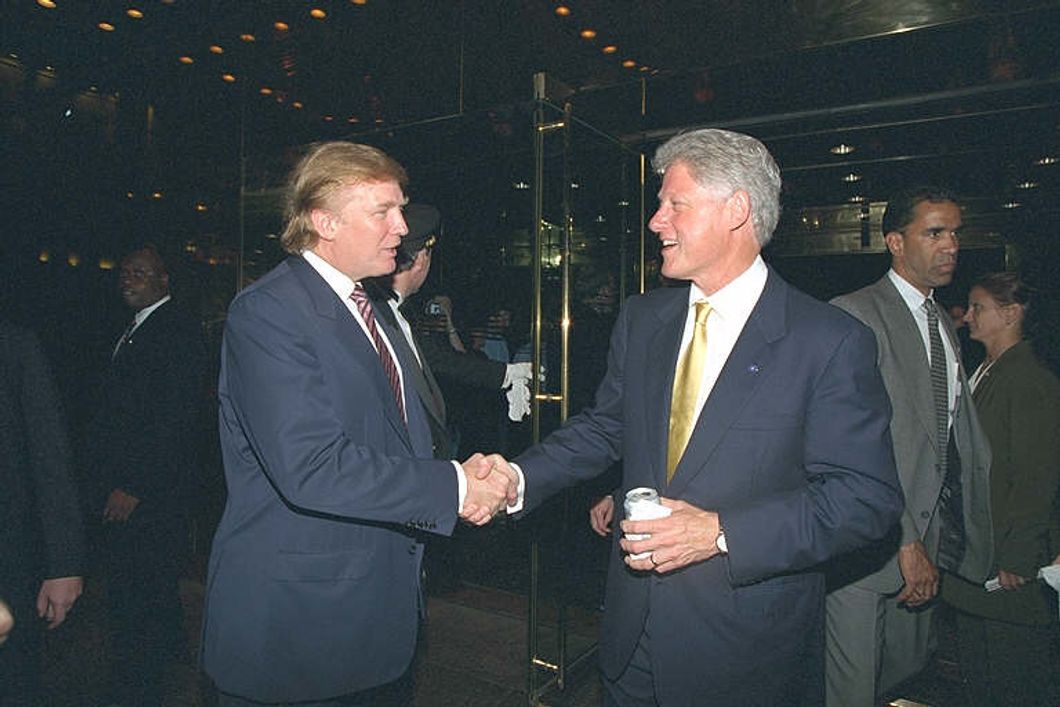Politics and privacy are two very unique components in our day to day lives. They both help mold the environment that we're in and the relationships that we have and make with others. The most interesting thing about these elements is all that has changed throughout the last decade or two. I was raised in an environment where you didn't ask people which political party they were loyal to; in fact, it was pretty much considered rude if you did. I grew up believing that political affiliation was a private matter between each individual, but these boundaries have significantly shifted since then. Now, we live in a world where if you're not tweeting it, SnapChatting it, or Facebook ranting about it - then it didn't happen.
For me, these boundaries noticeably shifted when my friends and I were turning 18 in the year of a very dramatic presidential election. We were watching these debates, finding out where we stand on issues, and, of course, choosing a political party to identify with. Many of my closest friends then, and still now, belong to the opposite political party that I do. But I don't believe that that is any reason for me to love them or respect them less.
Of course, I am talking about the average person rather than extremists.
Whether it's naivety or immaturity that drives many of us to immediately judge others based on their party, I don't know. I do know that I'm tired of seeing tweets and facebook posts where one is simply degrading another because of the stance that they take on issues. There is a line between respectfully disagreeing and being indecent of others' opinions. I look back on all of the experiences I've had since I was able to vote and I just wish someone had shown my generation where to draw that line that has been blurred out by the combination of strong opinions and social media.
Talking politics does not have to be nasty or inhumane. If you have an opposite political view of your best friend, your boyfriend, or an acquaintance, don't take that as an opportunity to shun and disavow what they believe. Rather, you should look at it as an exciting opportunity to broaden your perspective, try to see what they see, and try to understand where they have been and why that affects how they vote.
The societal pressures we face everyday force us to choose a party, to choose a movement, and to choose your voice. Although it is a beautiful and humbling right, there is great responsibility when it comes to freedom of speech. As millennials, we need to take the reign on what privacy with politics means. We need to understand how to have differing opinions and respect that. At the end of the day, partisan politics should not define who you are and certainly should not ultimately define how you see others.
















